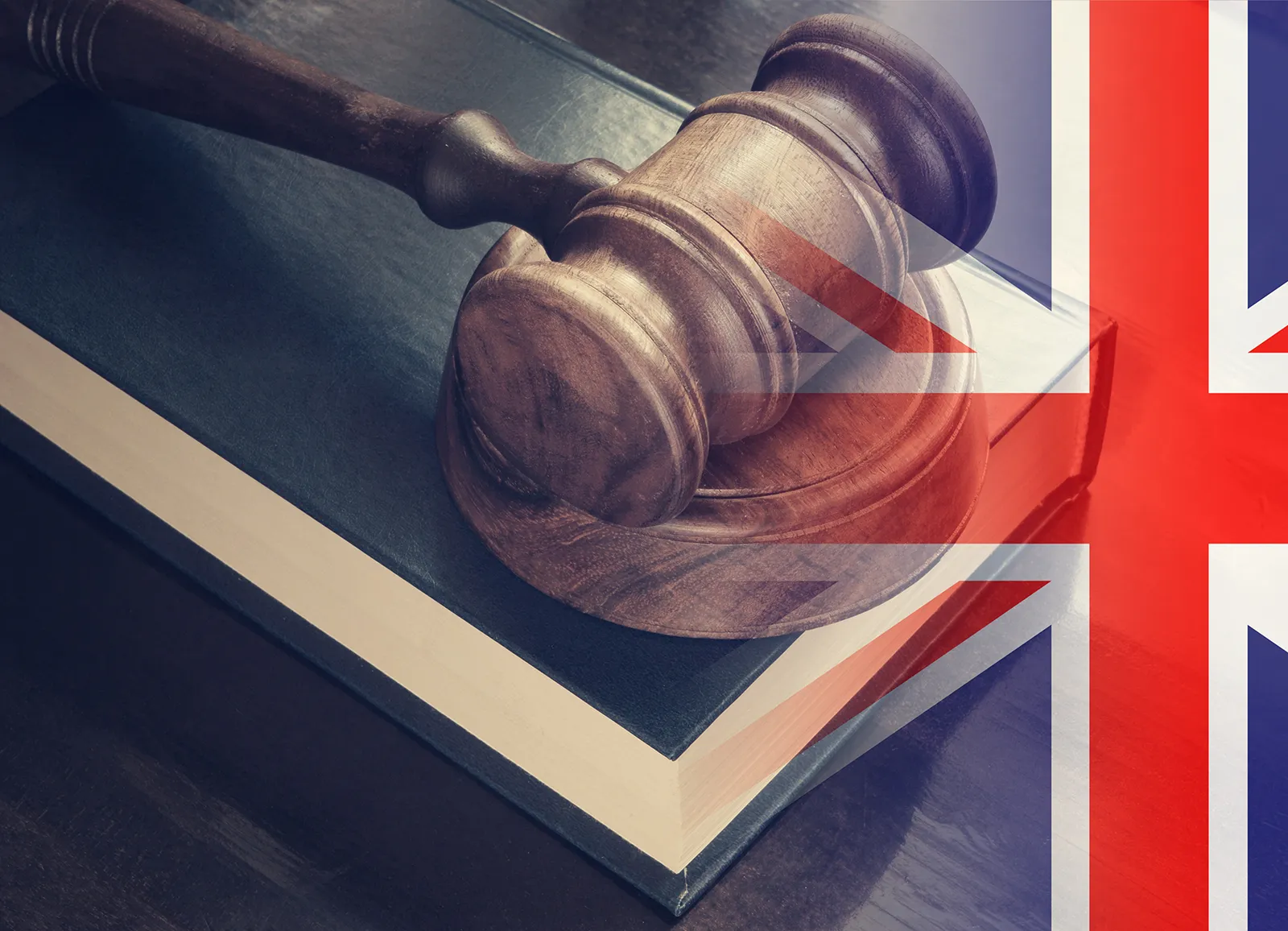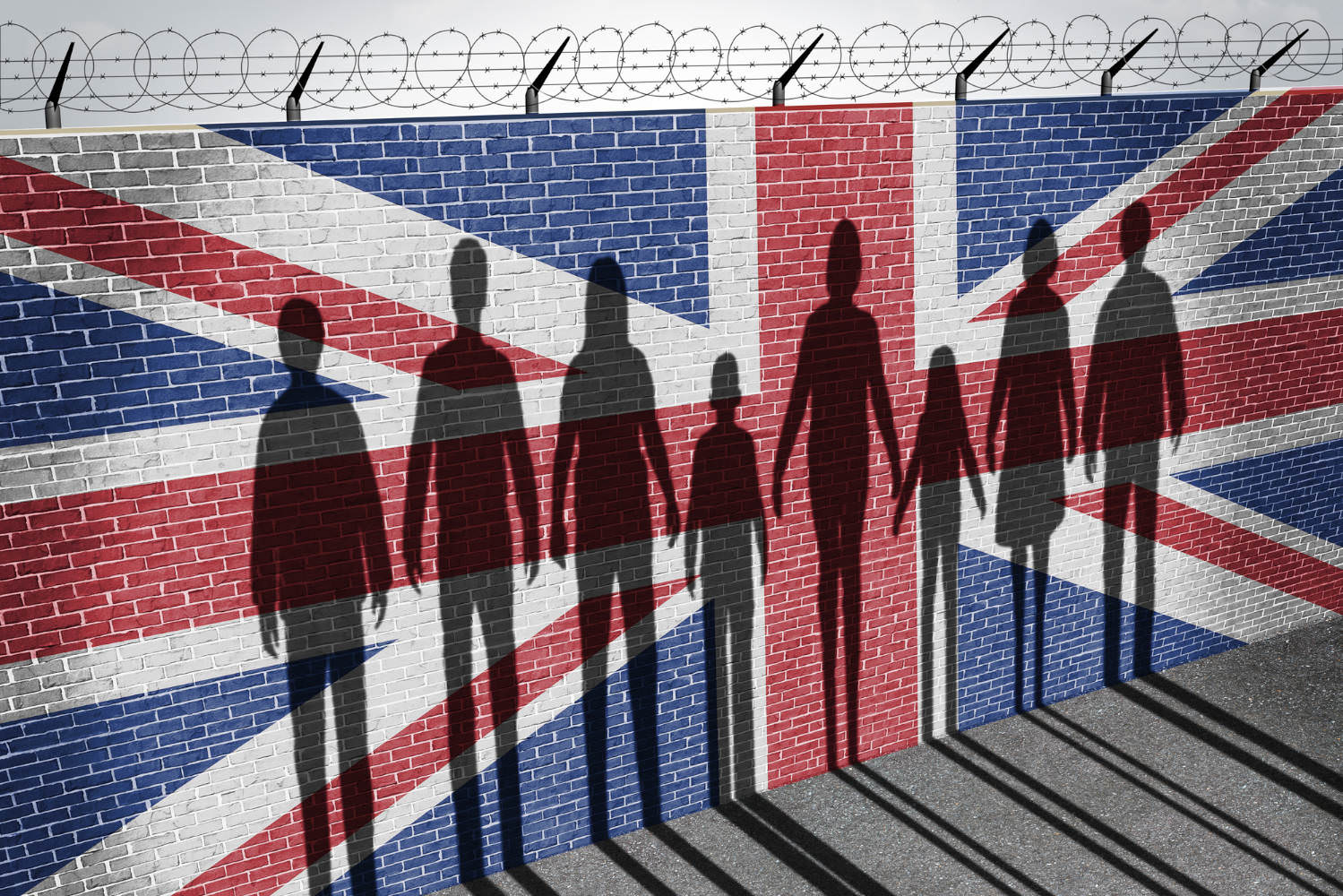Applying to naturalise as a British citizen? This guide is for you!
Applying for British citizenship is, for many, the final step on the long journey to calling the UK home.
Sure, there are practical benefits: travelling into the UK with a British passport is easier, and citizenship also allows you to vote in the UK.
But for many of our clients the benefits are a bit more intangible. After years of living in the UK, getting a British passport might feel like legalising that difficult-to-define concept of ‘home’.
The Immigration team at Truth Legal is highly experienced in assisting with naturalisation applications, and ethical and honest service is at the heart of what we do.
We are based in Harrogate, Leeds and Hull, but we advise clients throughout the UK and the wider world.
If you want to talk to us about your naturalisation application, or any other immigration matter, please get in touch today.
How to Use this Guide
We have condensed many years of practical experience into this guide, and we hope it gives you some useful insight.
However, unless you have a very straightforward application and are on top of the detail, there really is no substitute for legal advice tailored to your particular circumstances. This is particularly true if you don’t meet the requirements in some way, such as having had too many absences from the UK. In those circumstances, we would highly recommend taking advice from an immigration specialist.
(While we’re on the subject of absences, you can check out our article on this specific subject: Will Excess Absences Affect My Naturalisation Application?)
Part 1 of this legal guide deals with all the requirements for naturalisation in detail, and the evidence you might want to submit.
Part 2 covers the practicalities of the application process, including fees.
Finally, in Part 3 we finish by looking at the top three mistakes in a naturalisation application.
Part 1: Requirements for Naturalisation
Let’s dive in.
Basic Requirements
You must be at least 18 years old and of full capacity to apply. So far so good.
Residence Requirements
If you are not married to a British citizen, you must have been lawfully resident in the UK for the five years immediately preceding the date of your naturalisation application, your ‘qualifying period’. You must also have been ‘free from time restrictions under immigration law’ for at least 12 months when you apply. For most this means holding Indefinite Leave to Remain (ILR), or settled status under the EU Settlement Scheme.
If you are married to a British citizen, you must have been lawfully resident in the UK for the three years immediately preceding the date of your naturalisation application, your ‘qualifying period’. You must hold ILR, or settled status under the EU Settlement Scheme (or otherwise be free from time restrictions’), at the time of your application. There is no need to wait 12 months.
Tip: Settled status under the EU Settlement Scheme is a form of ILR. The two are treated the same for naturalisation applications.
Whether married to a Brit or not, you must have been physically present in the UK on the date at the start of your qualifying period.
A technical point: this is five or three years minus one day from the date of your application. For example, if you apply for naturalisation on 1 January, you would need to have been physically present in the UK on 2 January, three or five years ago.
If this is a real problem for you, there is scope to ask the Home Office to forgive you not meeting this requirement (known as exercising discretion). However, most people find they are able to satisfy this requirement by timing their application carefully.
Finally, you must have an intention to continue living in the UK. This will be taken as given where you are married to a British citizen. For all other applicants, the strength of your ties to the UK will be considered in determining whether you have established your home here. You will likely already be providing evidence of this kind to meet other requirements, but you might also consider including the following:
- Evidence of a home in the UK, such as a current tenancy agreement or extract from the Land Registry confirming ownership of the property you live in.
- Recent bank statements to confirm your finances are established in the UK.
- Recent payslip to prove that your UK employment is current and ongoing.
- Proof of family members’ immigration status and relationship to you, if you have family in the UK.
Absences
We deal with this issue in some detail in our separate article: Will Excess Absences Affect My Naturalisation Application? We highly recommend that article to anyone with an absences problem.
To summarise, the permitted thresholds for absences are:
- 270 days in a three-year qualifying period (applies if you are married to a Brit);
- 450 days in a five-year qualifying period (applies if you are not married to a Brit); and
- 90 days in the final year (applies whether you’re married to a Brit or not).
Some good news: the Home Office will exercise discretion where you exceed these by just a little bit (up to 300 days in a three-year qualifying period, up to 480 days in a five-year qualifying period, and up to 100 days in the final year).
Tip: The Home Office will exercise discretion where absences exceed the relevant threshold by 30 days in the qualifying period, or by 10 days in the final year.
There is still hope for a successful application even if you exceed these thresholds, again see our Absences article for more information.
Some general points here:
- An application with excess absences will stand or fall on the strength of the evidence you can provide.
- There is no Home Office ‘list’ of acceptable evidence, so we recommend submitting anything you think might be helpful.
- The Home Office will expect extra evidence to prove you have established your home, family, finances and employment in the UK, despite your excess absences.
- Where absences exceed 540 days in a three-year qualifying period, or 900 days in a five-year qualifying period, the Home Office is very unlikely to exercise discretion.
- Generally, the lower the number of excess absent days the better your chances of success, whether in the qualifying period or the final year. If you have an absences problem, you should always give some thought to whether waiting will allow you to bring your numbers down.
- Finally, dates of departure from and arrival into the UK are not counted towards the total number of absent days, which may allow you to reduce the number!
Knowledge of English Language
This is unproblematic for most applicants, who can meet the requirement in several different ways:
- You’ll be exempt if you are from a majority English-speaking country, such as the USA or Australia.
- You can meet the requirement by having already met the requirement in a previous application. Be careful if you have settled status – this won’t apply to you as there is no English language requirement for applications under the EU Settlement Scheme.
- You can meet the requirement by having a degree taught in English. If your degree is from a UK university, you only need to provide a copy of your degree certificate. If your degree is not from a UK university, you will need to provide a statement from Ecctis confirming the degree is equivalent to a UK qualification, known as an AQUALS statement. You will need an additional statement from Ecctis if your degree was taught in a non-majority English-speaking country.
- You can meet the requirement by having passed an English language test at B1 level or higher in the last two years. The test must be from an approved provider at an approved test centre, more info here.
Tip: There is no English language requirement for applications under the EU Settlement Scheme, so if you have settled status you will need to meet the English language requirement at the point of naturalisation.
Knowledge of Life in the UK
You meet this requirement by having passed the Life in the UK Test. This costs £50 and must be booked online.
The test lasts 45 minutes and there are 24 multiple-choice questions about British traditions and customs. There are various study aids available online. With some study and practice, most applicants pass first time.
Not to worry if you don’t pass first time, there is no limit on the number of times you retake the test and the Home Office won’t check. You will have to pay £50 each time you book the test.
Good Character
Home Office guidance states that an applicant’s good character might be questioned if they have criminal convictions, a history of immigration offending, and/or a history of financial problems such as bankruptcy.
The Home Office will make its own checks with other Government departments, so there is no need to provide a DBS check with your application.
We generally advise submitting your most recent council tax bill, as evidence that you are up to date with payments.
Part 2: The Application Process
Application Form
The application is made online here: Apply to Naturalise as a British Citizen. The application form is quite long, but not too difficult to complete.
As part of the service we offer, we can review your application form in full and suggest changes where needed.
We can also enter our details as your official legal advisers, so that we are copied into any communications from the Home Office.
Finally, we can submit the application with you via video call, so that nothing goes wrong.
Referees
You will need to get forms completed by two referees. Each referee must have known you for at least three years, and they must not be related to you or each other.
Tip: There is mixed information on referee requirements, so we tend to recommend that both referees are British passport holders, to be safe.
The first referee must be a British passport holder and must either be a professional person or over the age of 25. The second referee must be a professional person but can be of any nationality.
There is mixed information on this requirement, so we generally recommend that both referees are British passport holders, to be extra safe.
A professional person is someone such as a minister of religion, civil servant, or a member of a professional body such as an accountant or solicitor. You can find a full list here.
Again, we can review your referee forms and their details, to ensure you’re not falling foul of these requirements.
Evidence
You will need to gather evidence to support your application and demonstrate that you meet the requirements.
As part of the service we offer, we can set up a shared drive where you upload your evidence for us to review. We can identify any flaws and help you correct them, as well as making recommendations to strengthen your evidence wherever needed.
Cover Letter
We think a cover letter is a good idea in all but the most straightforward of applications. You can write this yourself, or we can do it for you as part of our service.
We’d suggest a cover letter is essential if you fall short of any of the requirements, whether that’s written by you, us, or another immigration adviser.
Fees
The naturalisation fee is £1,580, and you may need to pay additional fees for the biometrics appointment – see below.
If your applicaiton were to be refused the application fee is not reimbursed, aside from £80 which represents the fee for attending the citizenship ceremony.
Document Upload and Biometrics
After you’ve submitted the application, you will be redirected to the UKVCAS website. UKVCAS, also known as Sopra Steria, is a third-party provider used by the Home Office to handle document upload and the collection of biometric information.
After creating an account with UKVCAS, you can upload your supporting evidence to the online portal, or alternatively we can take care of this on your behalf.
Finally, you must book an appointment to enrol your biometrics at a UK visa centre. The appointment is nothing to worry about and there’s no interview. The staff will take your fingerprints and a passport-style photo of you. We’ve heard it’s all over in 10-15 minutes!
You can find details of your local appointment centres here, although annoyingly you can’t see availability of appointments until after your application has been submitted. We think UKVCAS has recently increased the number of ‘free’ appointments available, but if you do have to pay for an appointment, the fee starts at £71.50. You can pay more for a sooner appointment, an out-of-hours appointment, and various other additional services.
Waiting for a Decision!
Once all of the above is taken care of, it’s just a question of waiting for your decision. This can take up to six months, but we have seen decisions come through more quickly.
Your decision will be communicated by email. As long as it’s a ‘yes’, you will also receive a separate letter or email from your local council, inviting you to attend a citizenship ceremony. You must attend a ceremony within the timeframe specified on the letter; normally three months but this was extended to six months since the pandemic.
At the ceremony, you will be presented with your certificate of naturalisation, which you can then use for the all-important British passport application.
Tip: Unfortunately, you don’t automatically get a British passport when your citizenship application is granted. Instead, you apply for a passport separately using your certificate of naturalisation.
Part 3: Top Three Mistakes in Naturalisation Applications
We’ve lost count of how many naturalisation applications we’ve done, but it’s well into double figures (and probably even triple figures by now!).
We’ve never had a naturalisation application refused, and it’s a record we’re very proud of.
In our experience, these are the mistakes most commonly made by applicants.
Neglecting the Evidence
Applicants tend to meet the requirements for naturalisation as a matter of fact, but there’s always a risk you neglect to prove it in full.
Our advice: consider each requirement in turn and take care to provide the right evidence for each one, where appropriate.
If you’ll forgive a bit more self-promotion, with Truth Legal on board you won’t need to worry about your evidence, as we’ll make sure it does everything it needs to.
Still Worrying About CSI
Ok, this one’s a bit harsh.
You’d be forgiven for worrying about Comprehensive Sickness Insurance (CSI), which until around summer 2023 appeared to be a major barrier for lots of European nationals applying for British citizenship.
Thankfully, and in our view belatedly, the Government has now clarified that no naturalisation application has ever been refused for lack of CSI.
So if you’re worried you have a CSI problem, we can safely tell you that you don’t, and no one does. Good news indeed.
More on this specific point in our article here: Naturalisation and CSI: Where Are We Now?
Not Properly Addressing Excess Absences
Unfortunately with excess absences, there’s loads of potential for things to go wrong…
We think it’s safest not to apply with excess absences in both the qualifying period and final year. If this is you, it will almost always be better to wait until one of these is below the relevant threshold.
Don’t forget to discount dates of departure from and arrival into the UK.
Remember you only need to justify excess absences, so you can stay silent on absent days within the thresholds.
It’s sensible to identify precisely which absent days you’re asking for discretion over, and also to identify which of your justifications apply to each period of absence.
Finally, you always have the option to wait and improve your numbers.
You can find more information in our article on the subject of absences, linked above and again here: Will Excess Absences Affect My Naturalisation Application?
We hope you’ve found this guide useful. Truth Legal can take the stress out of your naturalisation application, get in touch with our immigration experts today.
More Legal Guides
Comprehensive and free legal guides from Truth Legal Solicitors.












